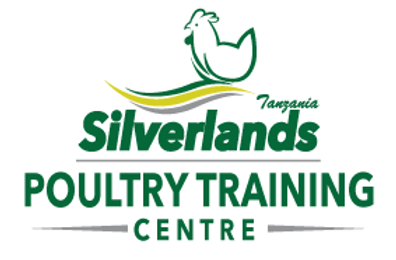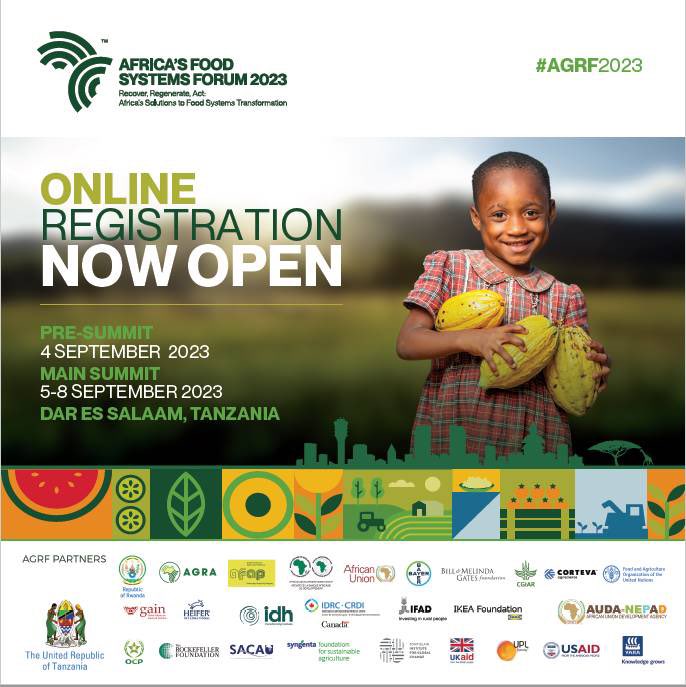Kilimokwanza Editorial: Embracing the Potential of Tanzania’s Livestock and Fisheries
When Hon Abdallah Hamis Ulega, Minister of Livestock and Fisheries, beckoned the world to behold Tanzania’s vast treasures beyond its shimmering coastline and wildlife spectacles, he unveiled a compelling narrative of a nation ready to leapfrog into an era of sustainable prosperity. The transformative blueprint, which converges around the Livestock and Fisheries sectors, presents a promising trajectory for Tanzania’s socio-economic renaissance.
Tanzania nation has forever been cradled in the riches of its landscapes and waterscapes. However, while the rhythm of Maasai chants has harmoniously intertwined with the clatter of cattle hooves for centuries, the resonating tune of growth in livestock, accompanied by the potential resonance from the bountiful waters, hasn’t been as magnified on the global stage. Ulega’s vision challenges this status quo.
While the tourism industry captures the wonder of Serengeti’s migrations and the allure of Zanzibar’s beaches, the livestock sector stands as an unsung hero, contributing significantly to Tanzania’s GDP. Tanzania’s domesticated animals are not just cultural symbols, but economic linchpins that tether countless families to a stable livelihood. The narrative, as outlined by Ulega, isn’t just about maximizing this potential, but about harmonizing modern techniques with age-old traditions. When you merge the agility of youth, the wisdom of elders, and the empowerment of women, you build an invincible force. And with this force, we aim to scale our livestock sector to unprecedented heights.
Equally promising is the vast expanse of the Tanzanian waters. The waters are more than just a refreshing vista; they are realms of untapped potential. It’s intriguing, even perplexing, to fathom the disparity between our aquatic wealth and the relatively modest contribution of fisheries to our GDP. As Ulega rightly points out, expanding our nets could metaphorically and literally mean seizing a myriad of opportunities. Be it leveraging seaweed cultivation or diving into the depths for tuna farming, the waters beckon with an abundance of promise.
A fascinating insight from the Minister’s article was the symbiotic relationship between the land and waters. The interconnectedness of ecosystems can be harnessed to enhance productivity, sustainability, and economic yield. It paints a picture of nature and commerce dancing in harmony.
But what truly anchors Ulega’s vision is its human-centric approach. The very ethos of this initiative rests upon the Tanzanian spirit – our resilient farmers, our tenacious fishers, our innovative youth, and our indomitable women. In courting global partnerships, Tanzania sends out a clear message: collaboration must be steeped in respect, mutual benefit, and sustainable ethos.
At Kilimokwanza, we laud this forward-looking perspective. The Minister’s call isn’t merely for economic rejuvenation but for a collective reimagining of our nation’s destiny. It’s a tale of rediscovery, resilience, and renaissance.
The path illuminated by Ulega’s vision offers promise, prosperity, and a legacy for generations to come. It’s an invitation to partake in Tanzania’s transformative journey, one where our livestock and fisheries aren’t just sectors but symbols of our nation’s heartbeat.


